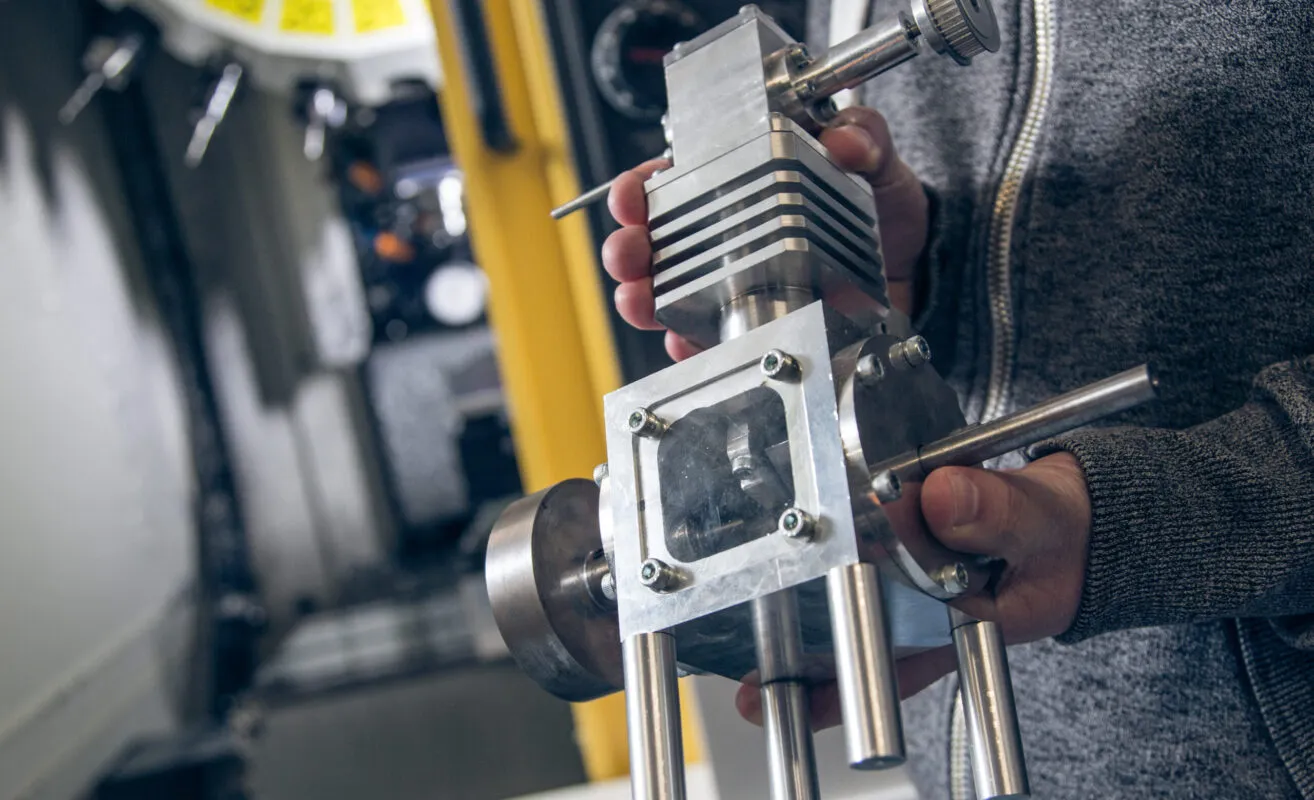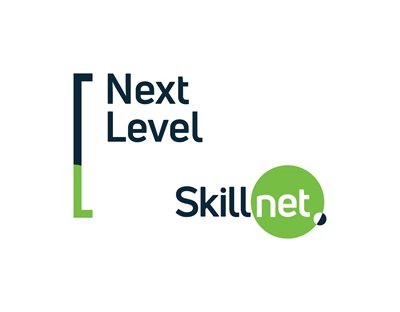Courses
Admissions & Support
Course Search
Courses
Admissions & Support
Course Search
Our Services
Our Community
Course Search
Governance
Professional Services
Status: Register Your Interest
Location: Coonagh, Limerick City
weeks: 25
Fees: €1,250 (See fees section for more information)

The purpose of this unit is to enable learners to develop an understanding of modern CAM and CNC machining systems, the importance of information links between CAD product data and manufacturing data, the role of process planning in manufacturing and the types of process planning available. This programme covers CNC machining using CAM technologies in areas such as 2.5D Milling including trochoidal milling, 3D roughing, 3D surface machining, 5-axis milling turning and mill/turn.
 This Next Level Skillnet programme is cofounded by the Government of Ireland, the European Union, and network companies
This Next Level Skillnet programme is cofounded by the Government of Ireland, the European Union, and network companies
Entry Requirements:
a) International City and Guilds Certificate award (2565) or,
b) National Craft Certificate in the following trades: Aircraft Mechanic, Electrician, Fitter, Heavy Vehicle Mechanic, Toolmaker, Metal Fabrication, Motor Mechanic or equivalent
or,
c) National Certificate in Engineering or,
d) National Certificate in Technology or,
e) Society of Manufacturing Engineers, Certified Manufacturing Technologist Level
d) Experience in a Manufacturing Environment.
Content
This course focuses on the Computer Aided Manufacturing (CAM) programming of CNC machines. Using 3D CAD models, students will use industrial standard CAM software to program components for manufacture using CNC milling machines and turning centres. Students will develop a greater depth knowledge in current CNC tooling technology and quality standards, analyse tooling usage, speeds, feeds, operation sequencing and machining strategies for greater machining efficiency. Preparation of the machine, selection and the preparing of the required methods of work holding, Selection and the correct mounting of tooling, are also key components of this course. Students will create process plans for components, document the verification of programs before post processing and transferring the data to the machine controller to manufacture a small number of the components.
At the end of this module the learner will understand:
Duration
25 Weeks, 1 evening per week,
3 hours per evening
Monday 7pm to 10pm
Start Date
15/09/2025
Location
This programme will take place at the TUS Coonagh Campus in Limerick
Computer Aided Manufacturing of Materials (CAM CNC Machining)

Application Deadline: This Programme is now full to capacity and closed to applications for this academic year. Please click on the Register Your Interest button and enter your details to be notified the next time this programme is opened for applications.